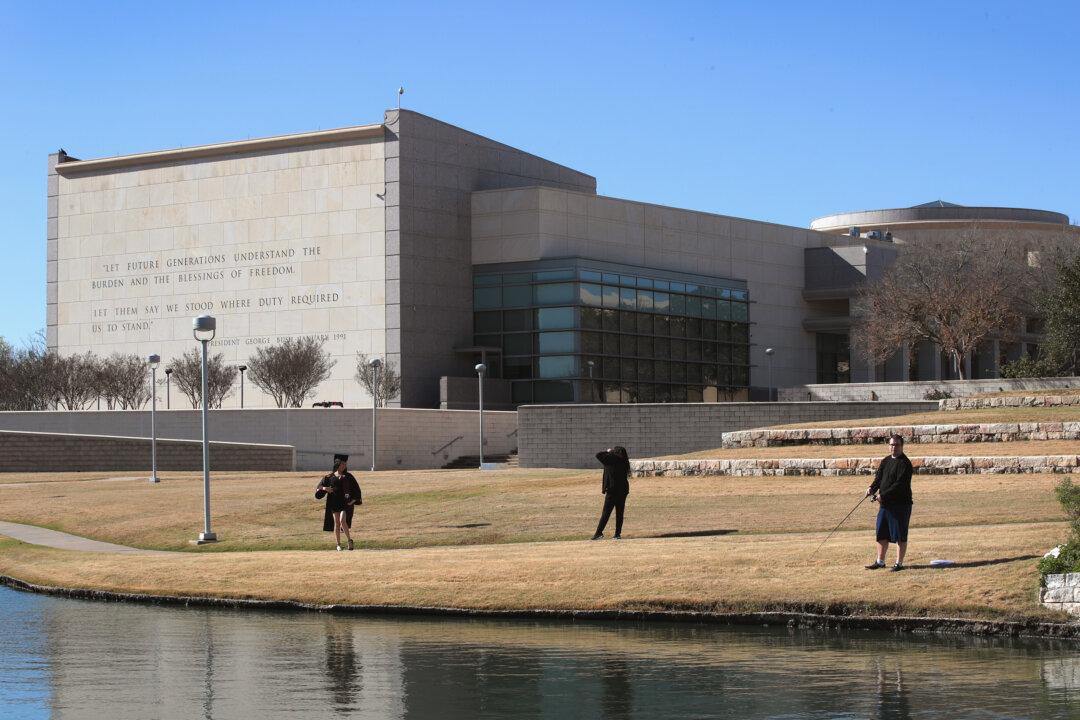Texas University A&M President M. Katherine Banks resigned from the school following a resolution passed by the Faculty Senate to investigate the mishandling of the hiring of former New York Times journalist Kathleen McElroy.
Ms. Banks submitted her resignation late Thursday, according to a university news release Friday morning. She became the school’s 26th president two years ago after 10 years of service as Vice-Chancellor and Dean of Engineering.





